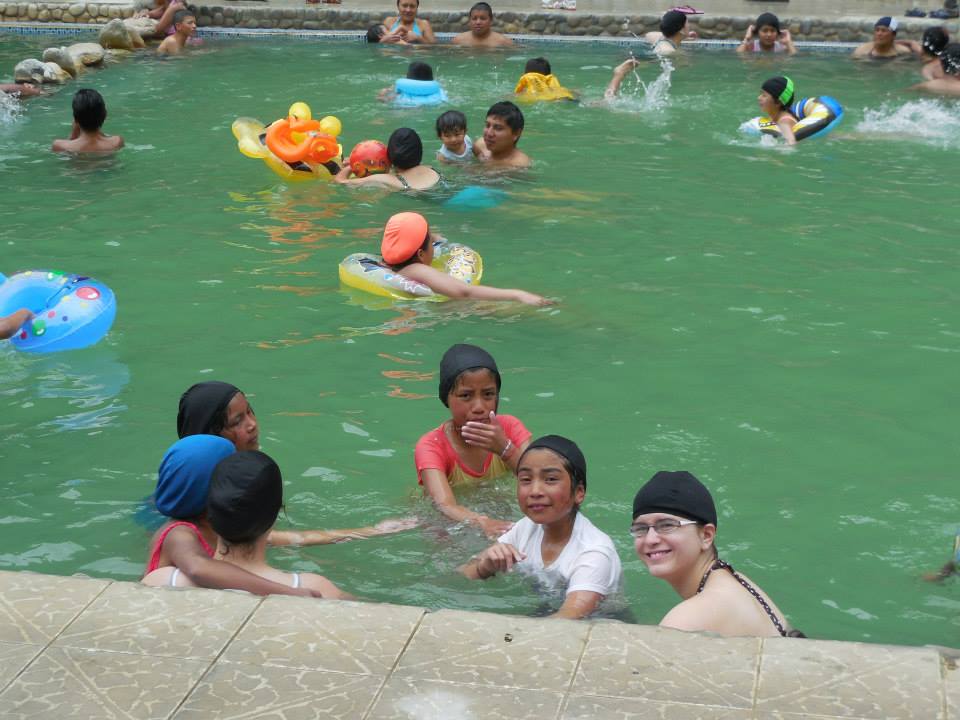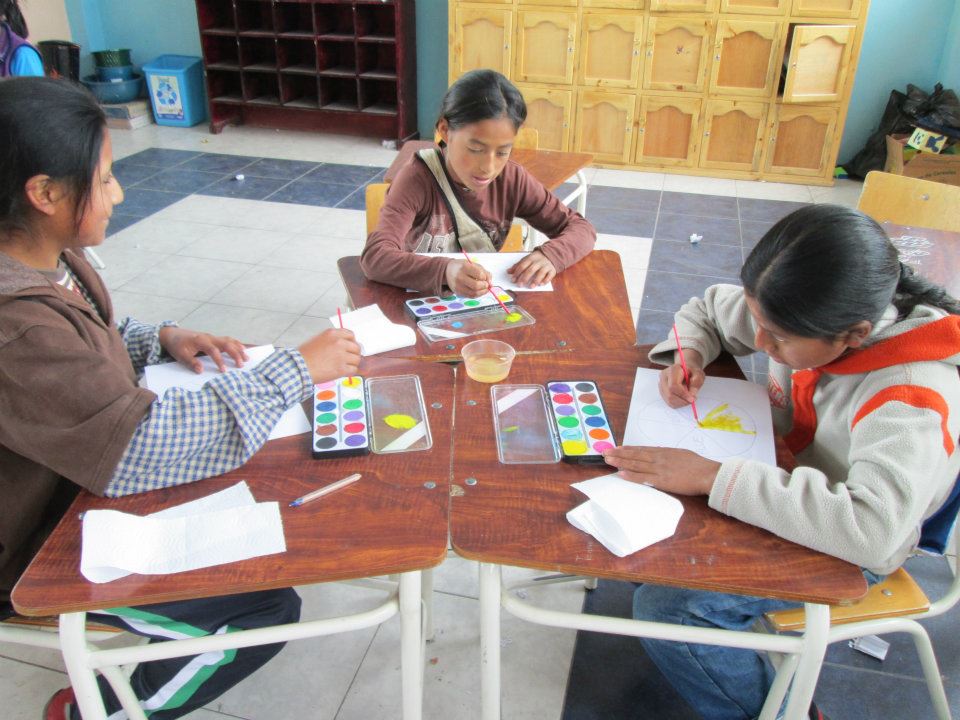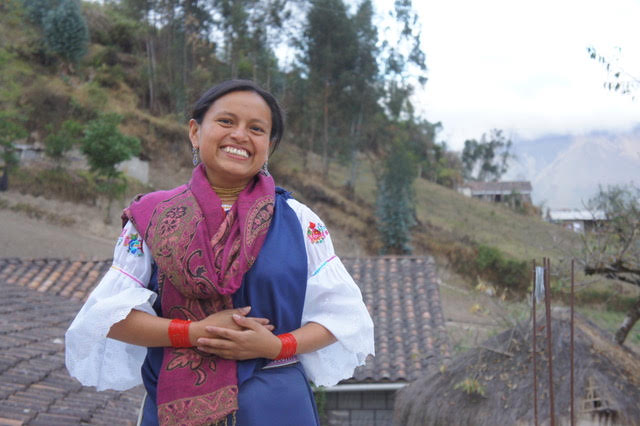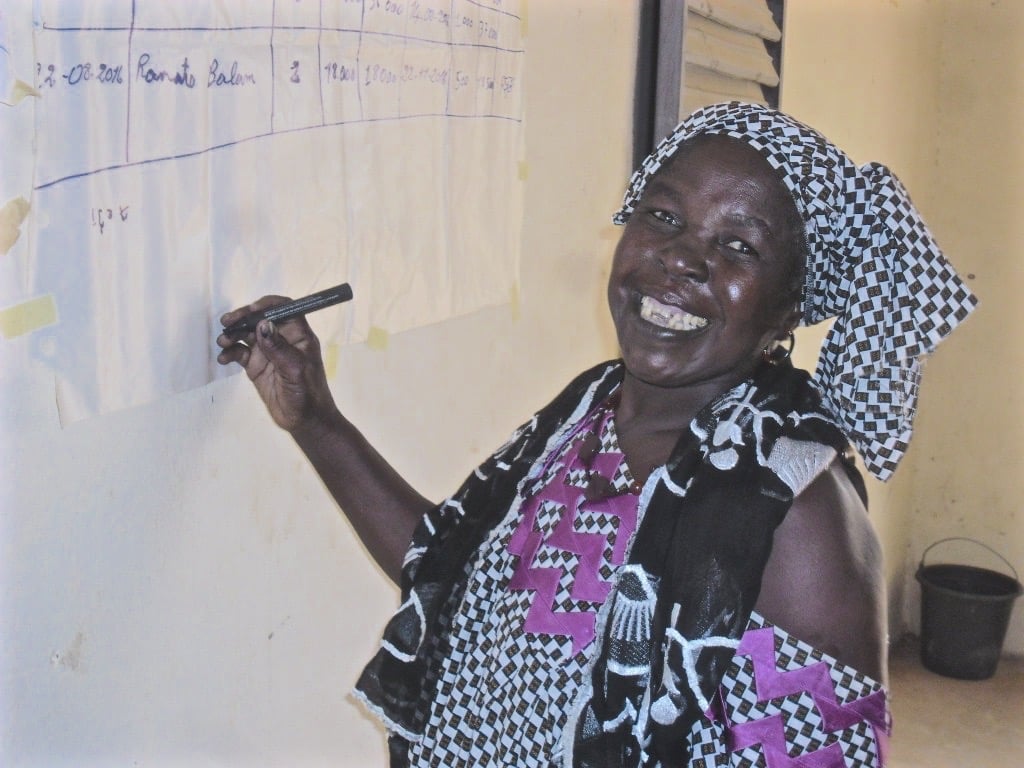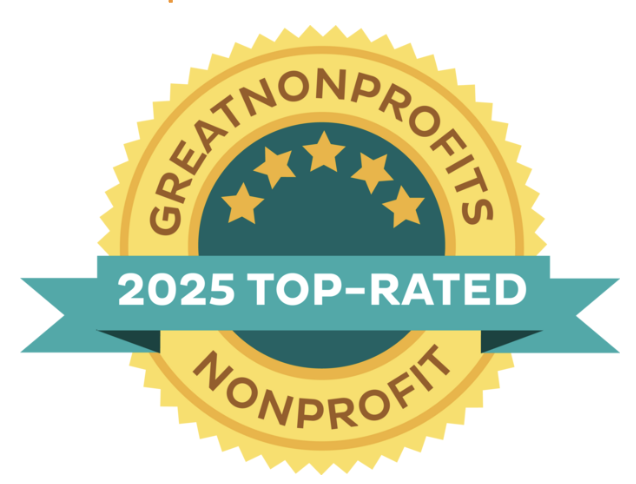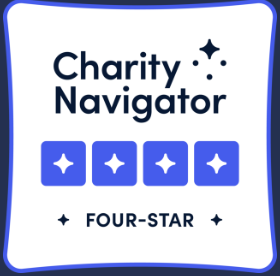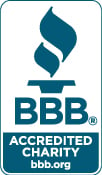Education


Access to Education
Scholarship Program in Ecuador
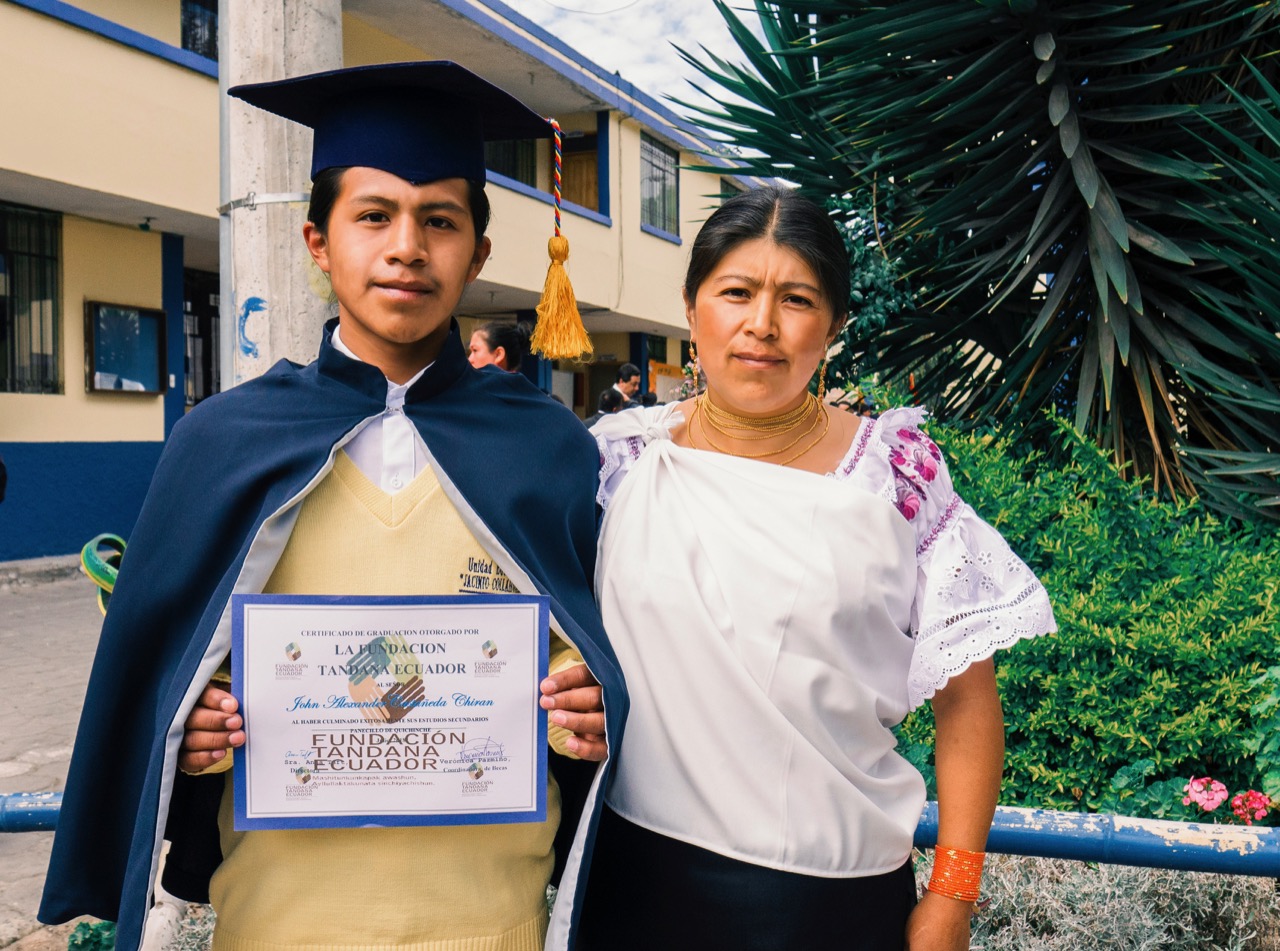
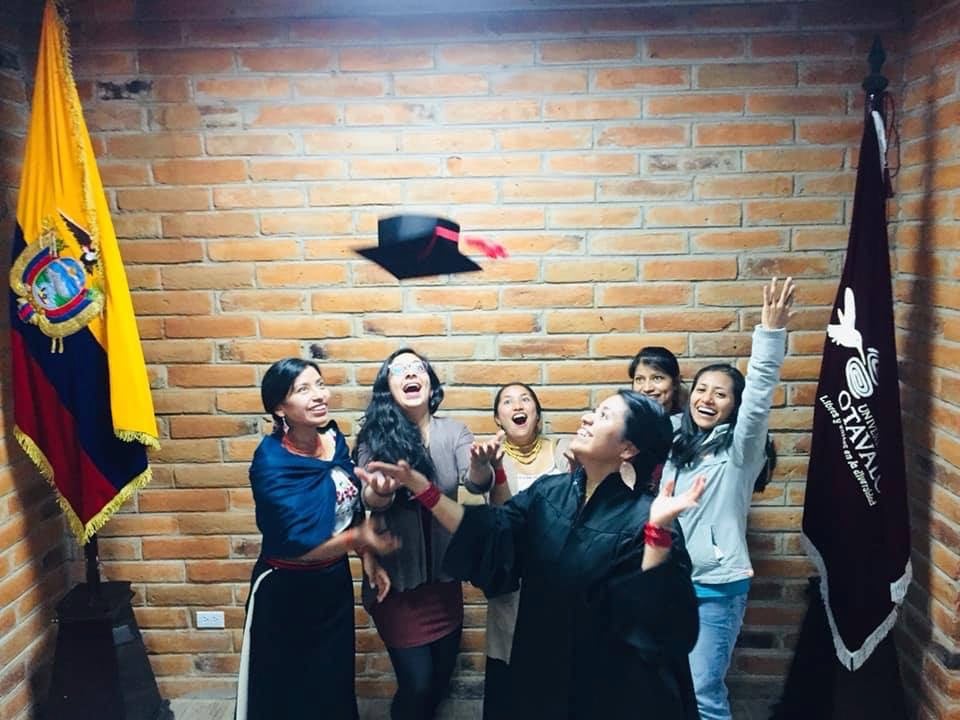
Tandana offers rural Ecuadorian students funding so that they can continue their secondary education. We support about 100 high school students each year. Although secondary education is theoretically free in Ecuador, and there is no tuition fee, there are many other costs such as books, school supplies, uniforms, bus fare, internet costs for doing homework, unexpected needs such as when everyone is required to bring money because the teacher is sick or when the classroom needs to be painted, or if they are going on a field trip.
Tandana also supports students in pursuing their professional dreams after they graduate from high school. Our post-secondary students are studying accounting, tourism, medicine, clothing design, auto mechanics, business administration, and other subjects so that they can become professionals who contribute their skills to their communities and society. In exchange for Tandana's support, post-secondary scholarship recipients engage in community service to share their new skills and knowledge for the betterment of their communities. Each student covers half of his or her costs, often by working during the week and attending weekend university programs, or sometimes through support from their families. Tandana covers the other half of expenses. Learn more...
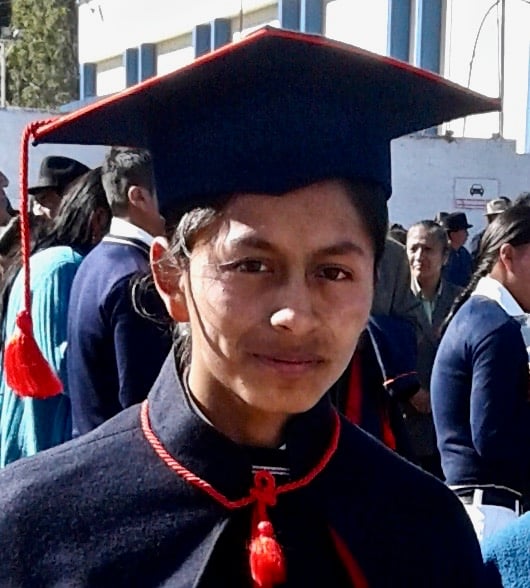 "Without your support for the Tandana Foundation, my studies would have been cut short when high school was over because of the fact that my family has scarce economic resources. Besides that, we are a very large family and I am the last of eight siblings. I would have had to start working, setting aside my dreams. I would like to be remembered in history as a great scientist or pioneer in the development of some technology and leave my mark on humanity. I want to do something great that marks history."
"Without your support for the Tandana Foundation, my studies would have been cut short when high school was over because of the fact that my family has scarce economic resources. Besides that, we are a very large family and I am the last of eight siblings. I would have had to start working, setting aside my dreams. I would like to be remembered in history as a great scientist or pioneer in the development of some technology and leave my mark on humanity. I want to do something great that marks history."
--Amauta, scholarship student
Dr. Ash B. Varma, M.D. Scholarship Program in Mali
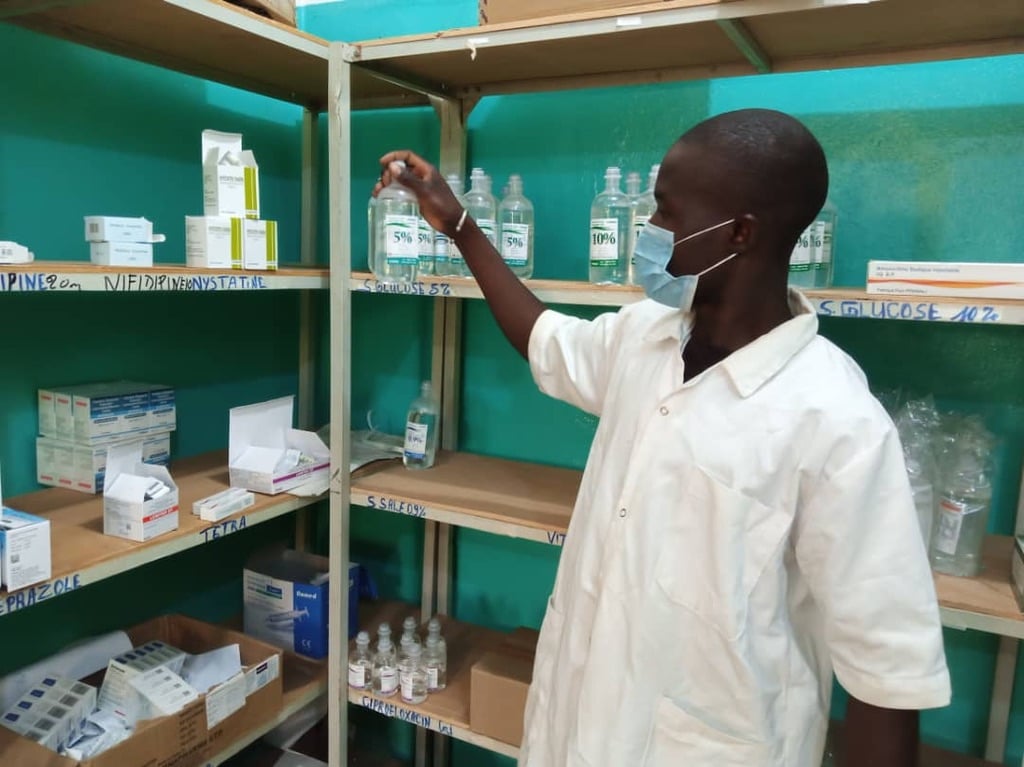
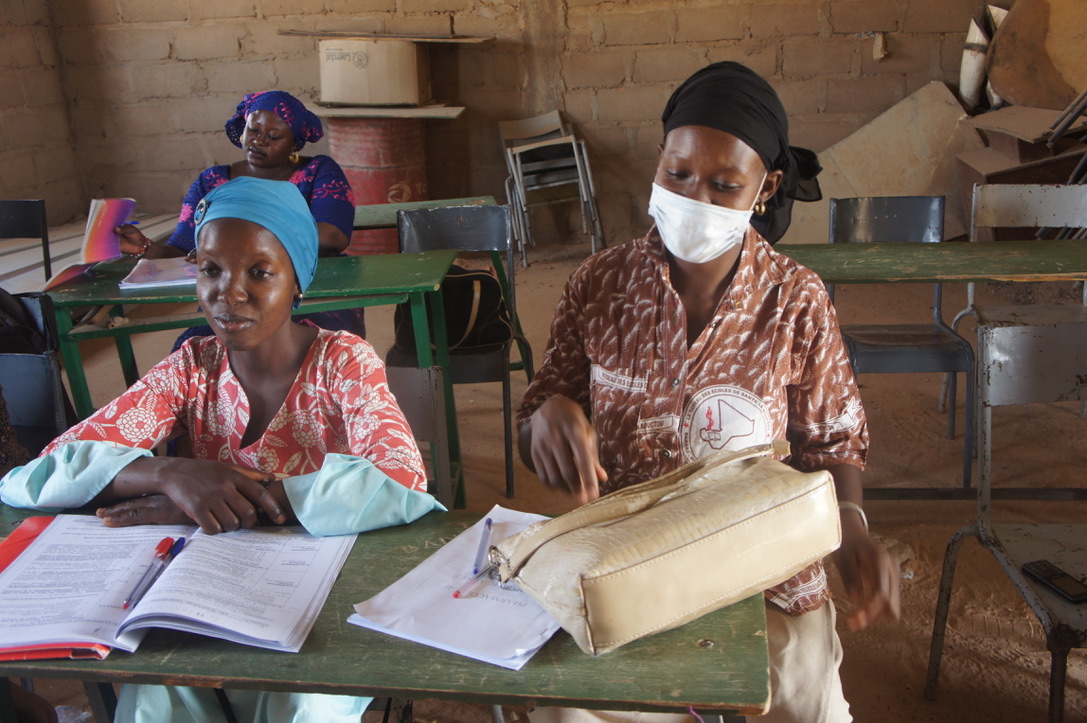
Tandana offers rural Malian students support for professional training through this program, which was started with a generous gift from Dr. Ash B. Varma, M.D. This program helps students from rural Mali learn professions that are very needed in the rural communities, such as health professions and agrofrestry. The scholarship covers 50% of a student’s costs for a year, while the student and their family cover the other 50%. These scholarships not only allow students to access a better future but also help the communities find trained professionals to serve their area. In exchange for Tandana's support, scholarship recipients engage in community service to share their new skills and knowledge to help rurual communities and at the same time gain practical experience. Learn more...
Student Mothers Program in Bandiagara, Mali
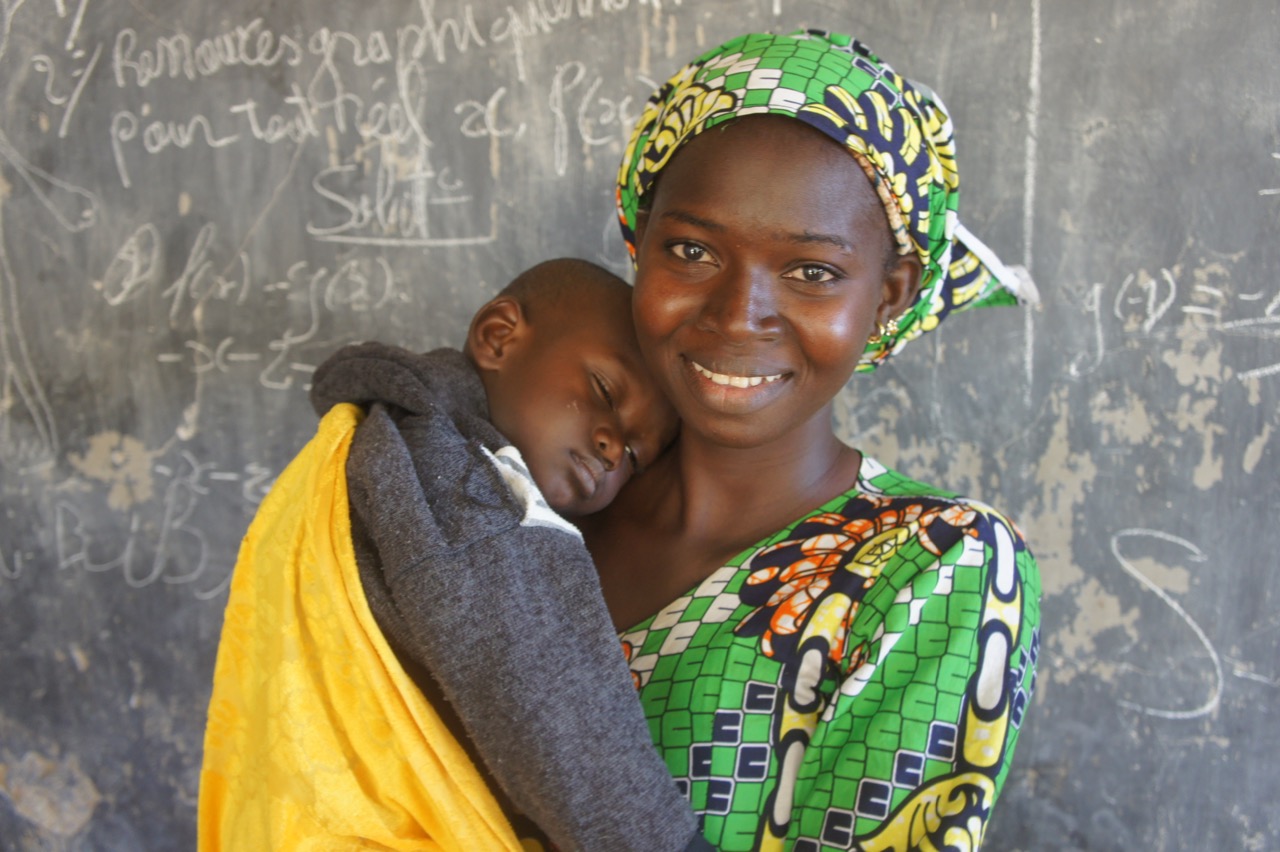
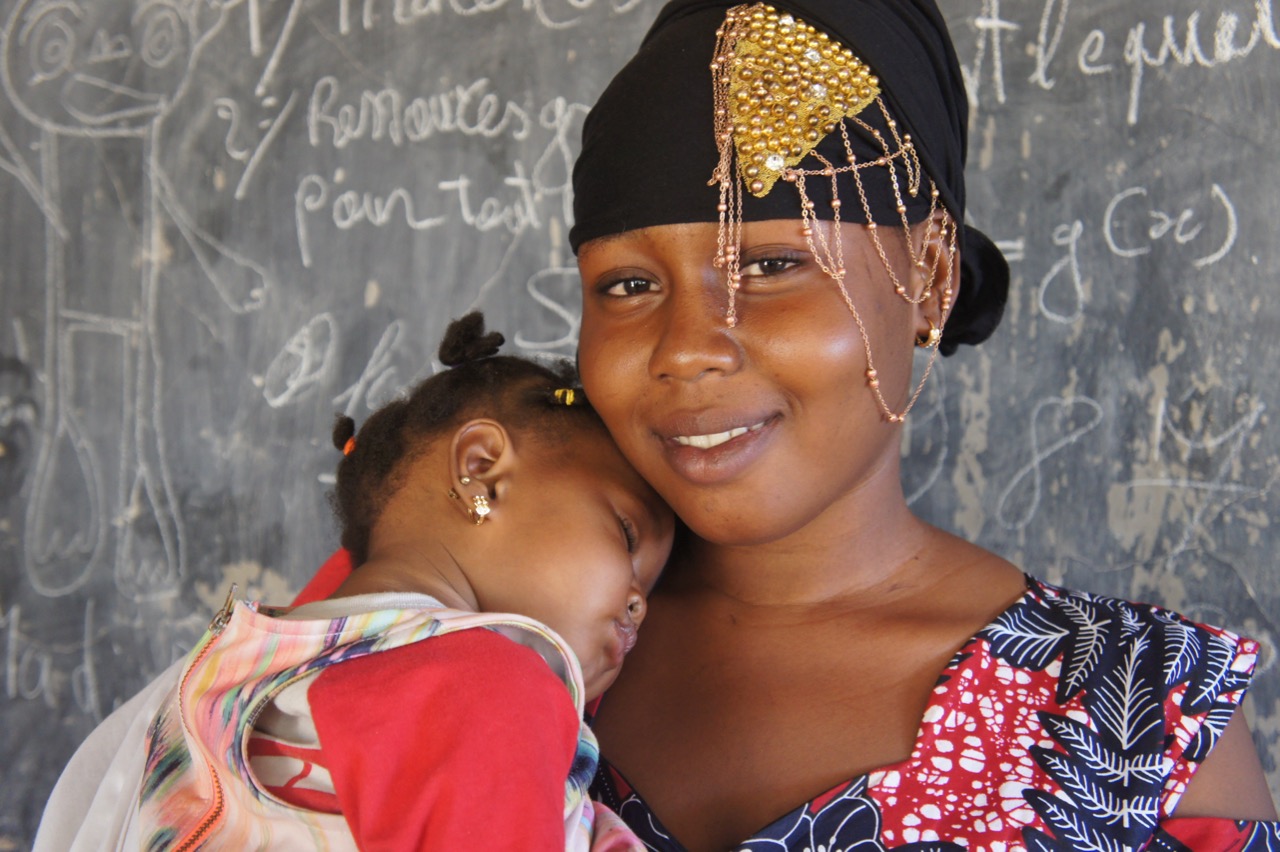
The student mothers program supports girls from rural villages who are living in the town of Bandiagara so they can attend middle school. They have to find families to host them, and if they get pregnant, the families usually send them back to their villages and they have to drop out of school. This program provides training for the families to explain that they can still host the students even if they are young mothers. It also provides food and basic medical supplies for the babies, so they are not an extra cost to the families. It helps girls stay in school despite the challenges of motherhood.
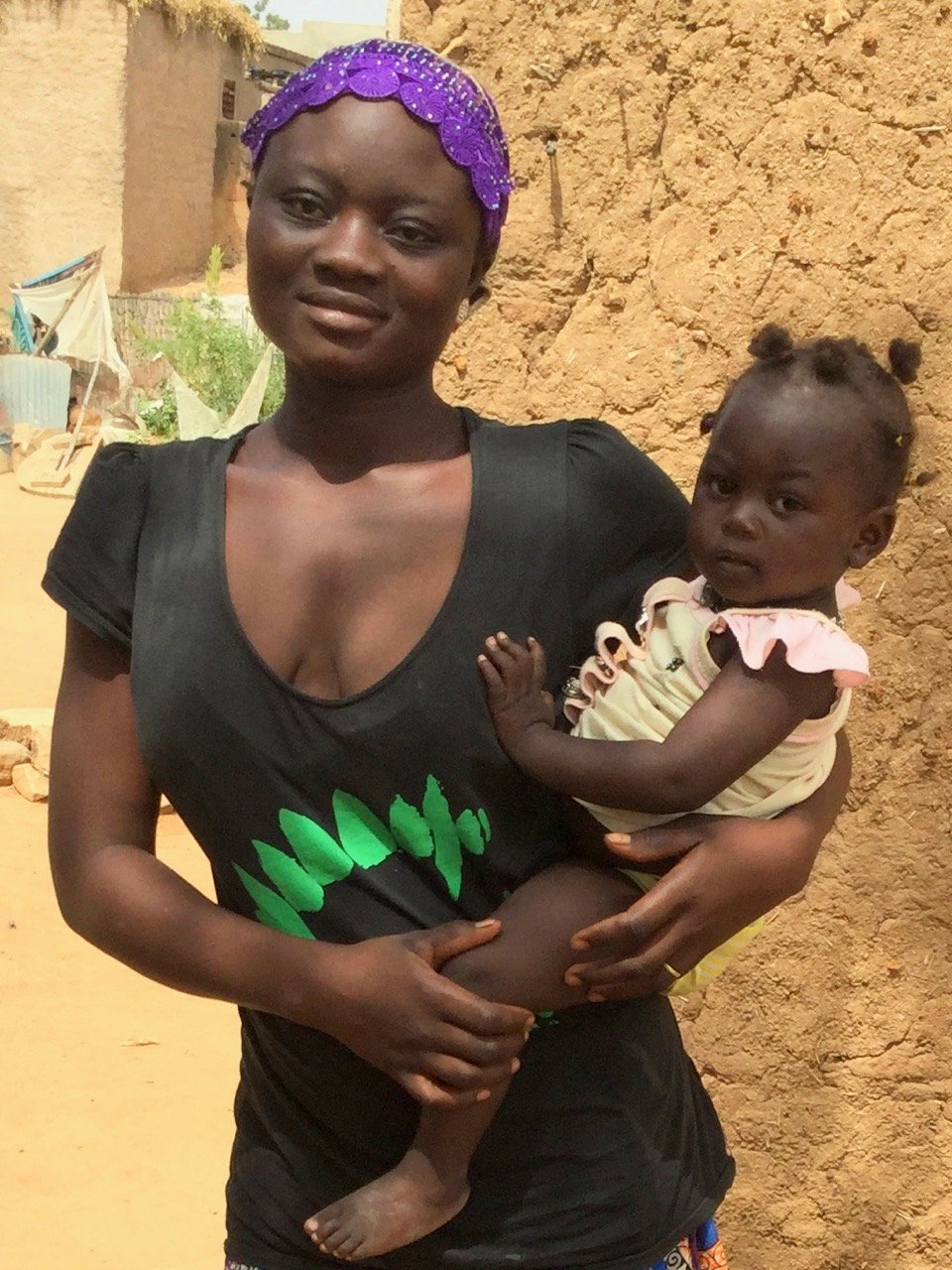
"I can’t even name all the advantages of this support, because they are numerous and have helped me a lot. . . . Learning has become easier at school. Thanks to this support, I haven’t been late or missed class because I had to nurse my baby. The parents I live with take better care of my baby. . . . Thanks to your support, I passed from 8th grade into 9th grade.”
– Mariam, student mother
Women's Literacy, Leadership, and Enterprise Program in Mali
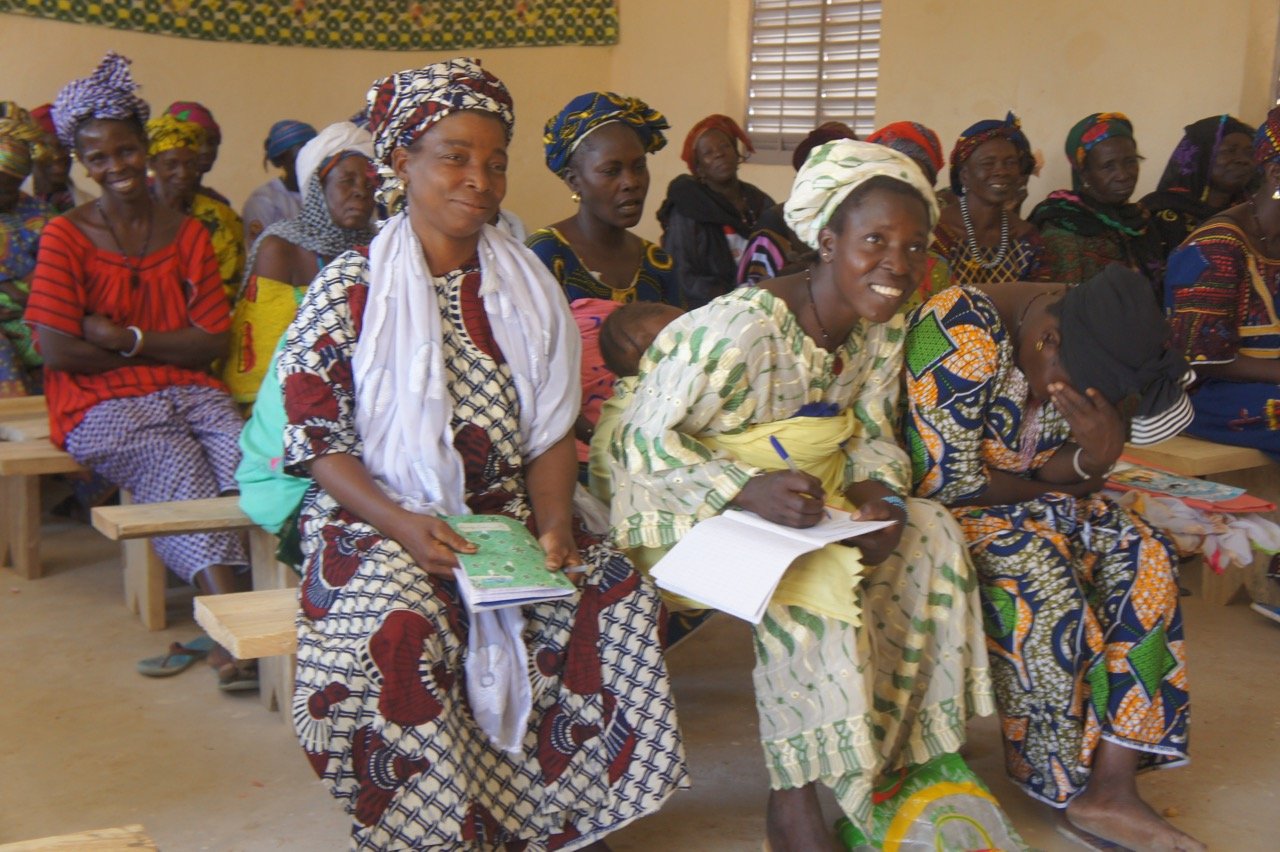
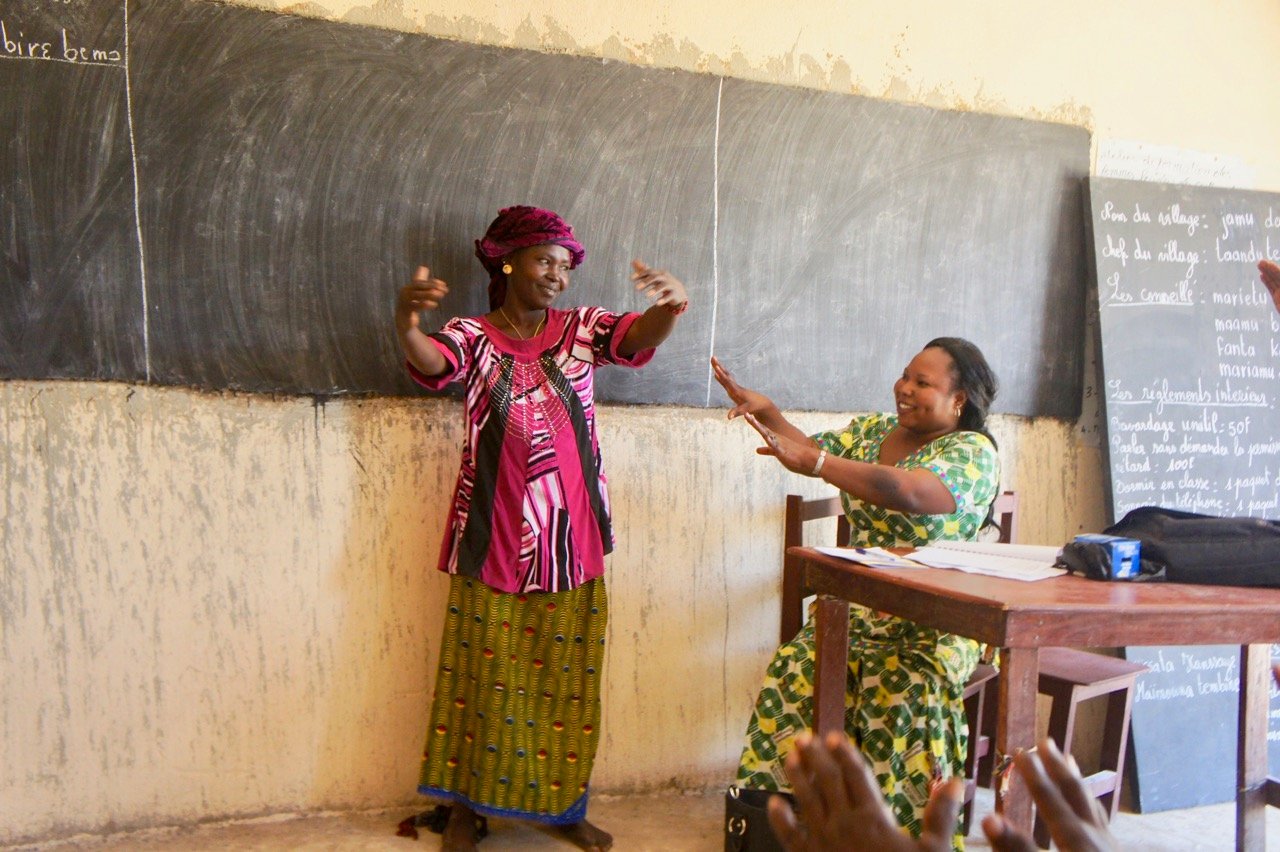
A group of women in Kansongho, Mali decided that in order to more effectively run their micro-businesses and negotiate in the marketplace, it would help to have basic literacy and numeracy skills. With help from  Vital Edge Aid, Tandana created the first literacy and numeracy booklets in Tommo So and began classes. In the first year, 117 women in Kansongho and nearby Kani participated. Women in other villages heard about the program and asked to participate as well. In the second year, we expanded the program to reach 517 women in 10 villages. In the third year, we switched to a more intensive model, focusing on 240 women in 8 villages. Now that model has expanded to 29 villages. Each group studies for several hours every day during five to six months of classes. The students excitedly read letters from the chalkboard, identify written numbers, and write their own letters and numbers, first on slates and then in notebooks. Women of all ages are enthusiastically participating. You can see letters from some of the students
Vital Edge Aid, Tandana created the first literacy and numeracy booklets in Tommo So and began classes. In the first year, 117 women in Kansongho and nearby Kani participated. Women in other villages heard about the program and asked to participate as well. In the second year, we expanded the program to reach 517 women in 10 villages. In the third year, we switched to a more intensive model, focusing on 240 women in 8 villages. Now that model has expanded to 29 villages. Each group studies for several hours every day during five to six months of classes. The students excitedly read letters from the chalkboard, identify written numbers, and write their own letters and numbers, first on slates and then in notebooks. Women of all ages are enthusiastically participating. You can see letters from some of the students  on this blog post.
on this blog post.
The students are finding all kind of benefits from these studies, including being able to buy and sell without being cheated, being able to count and keep track of their menstrual cycles to better space pregnancies, and being able to use telephones. They are proud to do these things with their own knowledge and not to have to ask for help.
In the next phase, supported by  Dining for Women, we provided more advanced courses to the students who had already completed one session. Each class of students then selected several leaders to attend workshops on forming and leading women's associations. The leaders shared their experiences, learned about association life and returned home to create official groups that can request funding from the government and other sources for their income generating projects. A committee also selected the ten best proposals for income-generating enterprises from these new associations, and we funded those activities, which include making néré condiment balls, raising sheep, transforming cotton, growing onions, and indigo dyeing.
Dining for Women, we provided more advanced courses to the students who had already completed one session. Each class of students then selected several leaders to attend workshops on forming and leading women's associations. The leaders shared their experiences, learned about association life and returned home to create official groups that can request funding from the government and other sources for their income generating projects. A committee also selected the ten best proposals for income-generating enterprises from these new associations, and we funded those activities, which include making néré condiment balls, raising sheep, transforming cotton, growing onions, and indigo dyeing.
Through literacy and numeracy classes, workshops on leadership and governance, technical support for the registration of women’s associations, and startup funding for income-generating enterprises, this program builds capacity among rural Malian women to read, write, calculate, work together in associations, and generate income. These skills increase their confidence, independence, success in economic activities, and recognition as agents of local decision-making.

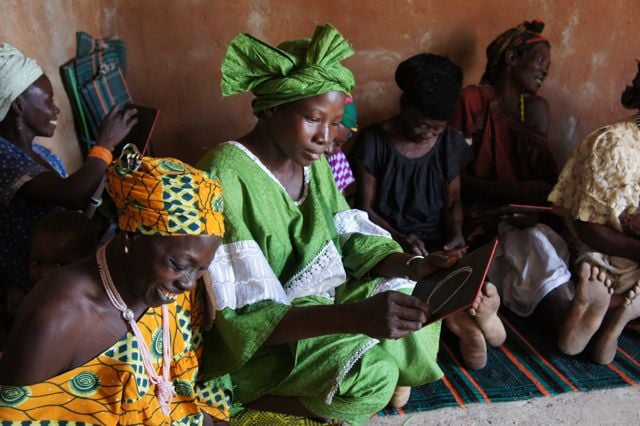
Computer Labs
Provincia De Pichincha School In Tangali, Ecuador
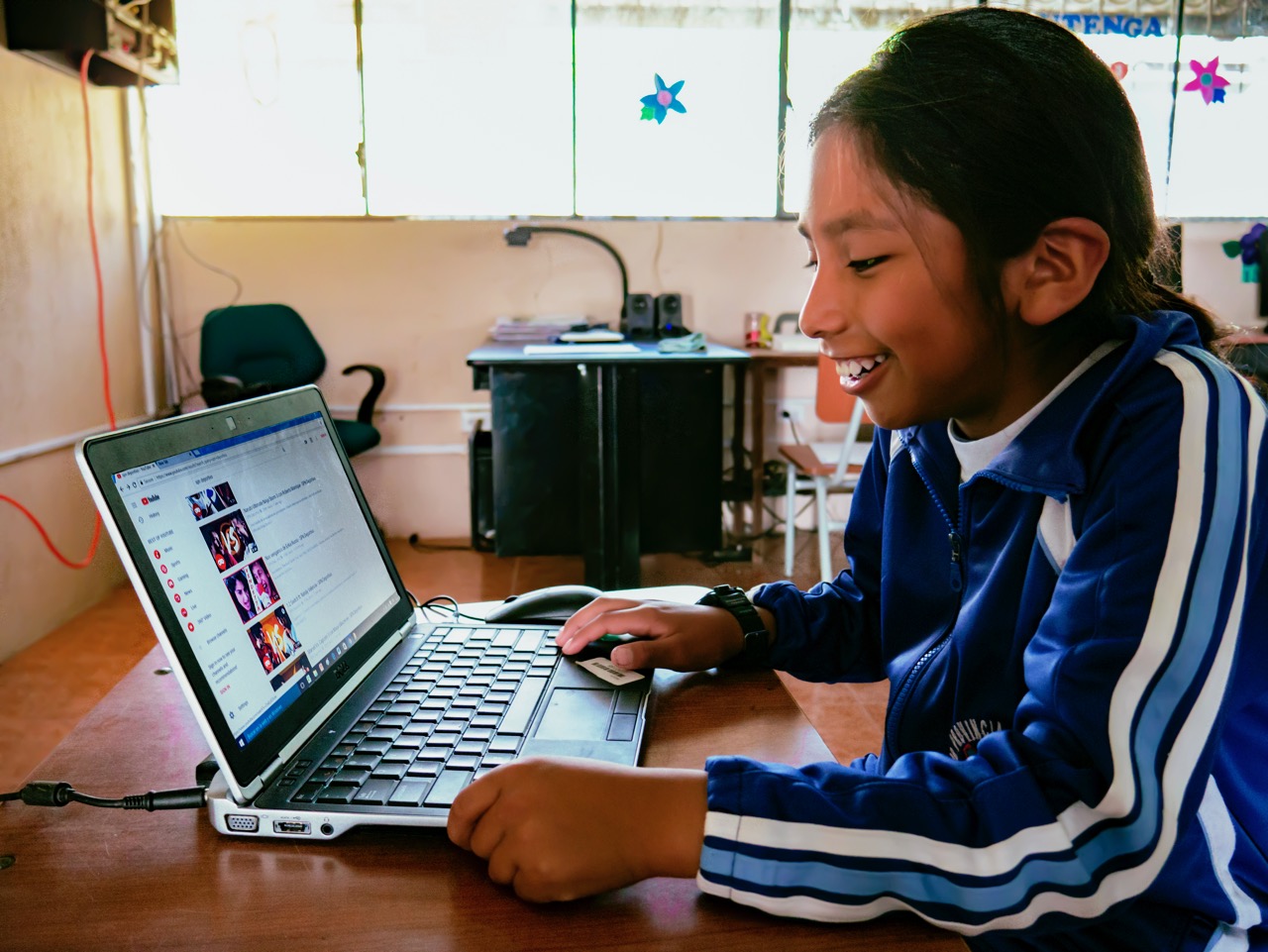
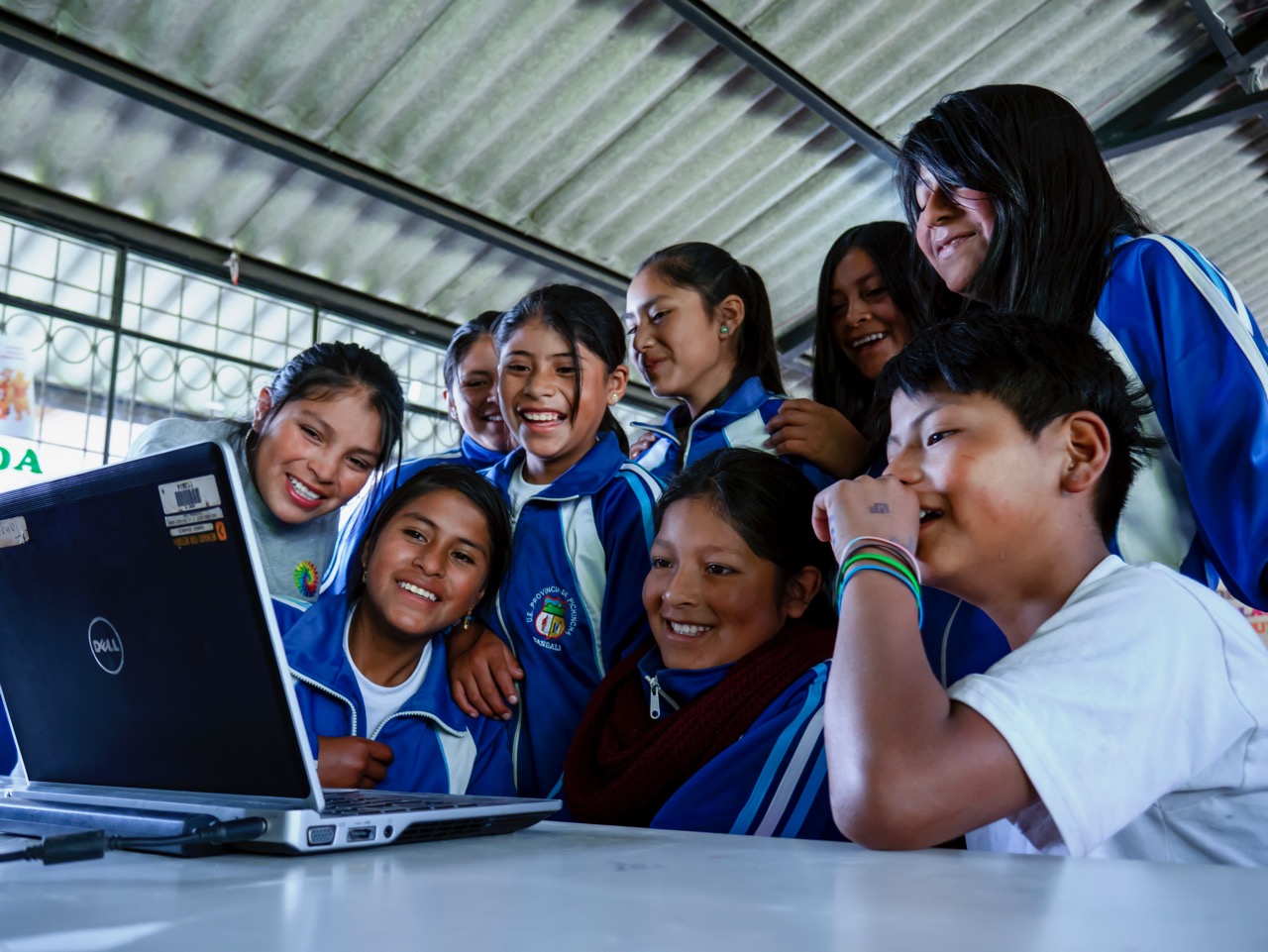
The Provincia de Pichincha school in Tangali had an outdated computer lab with only 11 computers (some of which didn’t work) and recognized the importance of computer skills for students going on to secondary education. We brought Technology Services Corps to Tangali, and they installed 29 laptops and the Rachel+ system in the school’s new computer lab. Technology Services Corps also donated three additional computers to the Community Center, Milk Association and the Water Co-op. Now, these important institutions all have computers to work with, and students from Tangali can go onto higher education with the preparation they need.
“In the beginning we were afraid, but the teacher helped us to use both hands to write, even though we still use just one finger. For us it’s important to learn by a computer because when we finish here we have to go to Otavalo to the city, and students from there have their own laptops at home. They already know how to use computers in the lab.”
--Jefferson, student from Tangali
Ulpiano Navarro School in Quichinche, Ecuador
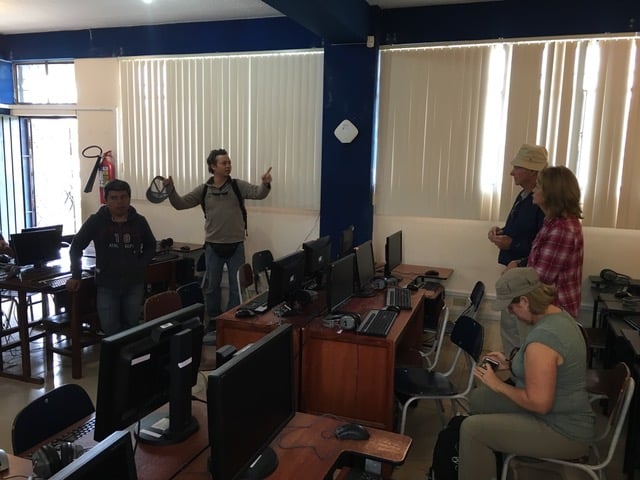
The computer lab at the Ulpiano Navarro School in Quichinche was out of date and included a very limited number of computers, meaning that several students would have to share one computer during classes. We brought Technology Services Corps to Quichinche, and they installed twenty desktop computers, one document camera, and the Rachel+ software system. These new resources allow the students to learn word processing skills as well as take advantage of the many courses offered by the Rachel+ software.
Alejandro Chavez School in Gualsaqui, Ecuador
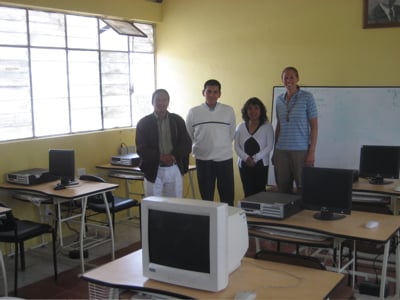
Upgrades to All Three Computer Labs
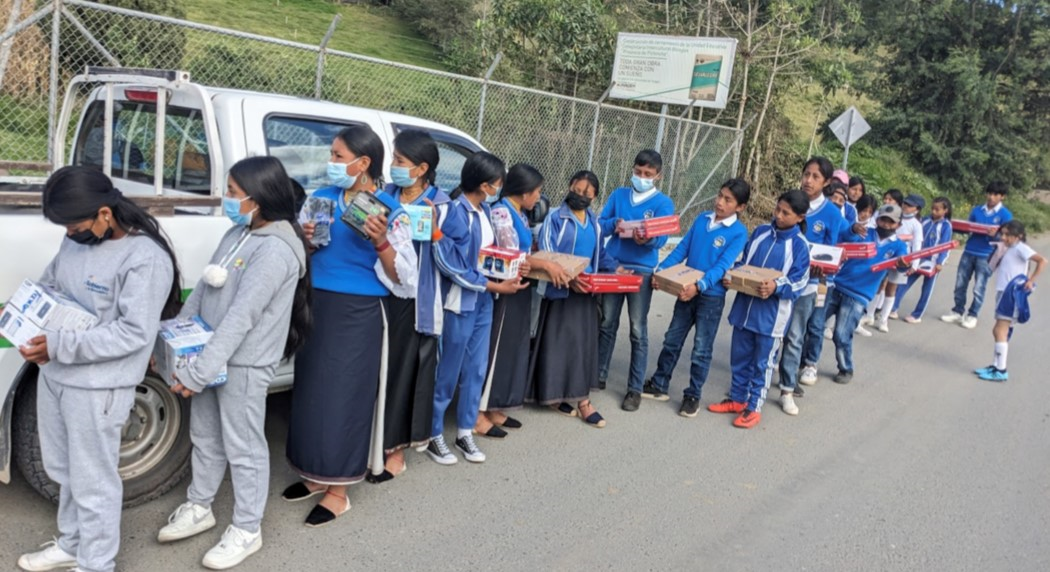
During June 2023, over $5,000 in supplies were purchased and donated to the schools in Quichinche, Gualsaqui, and Tangali to upgrade the computer labs that were originally donated by the Tech Service Corps many years ago. A very special thanks to Andrés Gonzáles (IT intern) who conducted the needs assessment, decided what to purchase, and personally installed the hardware and updated all the software. Additionally, the school in Gualsaqui was set up with a comprehensive WIFI system to increase coverage to all areas of the school.
Library
Ulpiano Navarro School, Quichinche, Ecuador
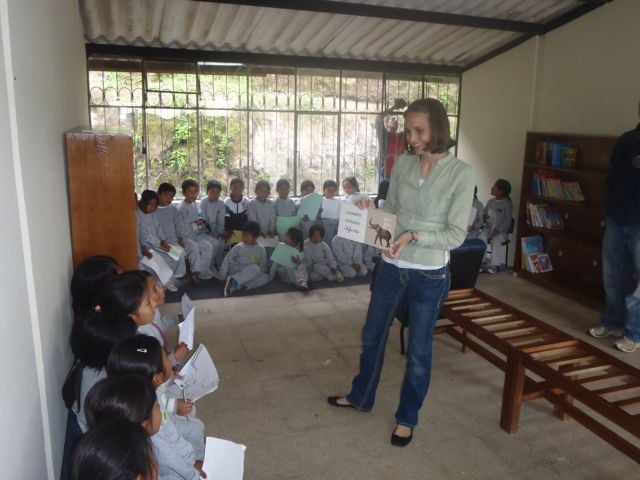

The Lefler family, who lived in Quichinche, Ecuador for the 2010-2011 school year while volunteering for Tandana, noticed that most of their children's schoolmates at the Ulpiano Navarro School did not read outside of class assignments. Working with the director of the school, they decided to create a library and develop programs to help teachers incorporate it into their curricula and generate interest in reading. Through
 Help One Future, they raised money to buy books and benches. The school director and parents also got excited about the project and did fundraisers to collect money for converting the school's old kitchen into a library and fixing it up into an inviting environment. The library, serving the schools 430 students, offers over 680 titles in four categories based on reading level. Some of the books are by Ecuadorian authors and promote local culture. Among the books are mysteries, novels, science fiction, fun science books, folk tales, and many others. The kids are very excited about this new resource, flocking into the library during recess to enjoy the books. Tandana volunteers from Northeastern University and Carpe Diem Education helped cover the books so they will last longer, put in check-out cards, catalog, and organize them so that the library can be put to the best possible use. They also helped paint the room for the library. You can read more on the
Help One Future, they raised money to buy books and benches. The school director and parents also got excited about the project and did fundraisers to collect money for converting the school's old kitchen into a library and fixing it up into an inviting environment. The library, serving the schools 430 students, offers over 680 titles in four categories based on reading level. Some of the books are by Ecuadorian authors and promote local culture. Among the books are mysteries, novels, science fiction, fun science books, folk tales, and many others. The kids are very excited about this new resource, flocking into the library during recess to enjoy the books. Tandana volunteers from Northeastern University and Carpe Diem Education helped cover the books so they will last longer, put in check-out cards, catalog, and organize them so that the library can be put to the best possible use. They also helped paint the room for the library. You can read more on the  Leflers' blog.
Leflers' blog.Teachers
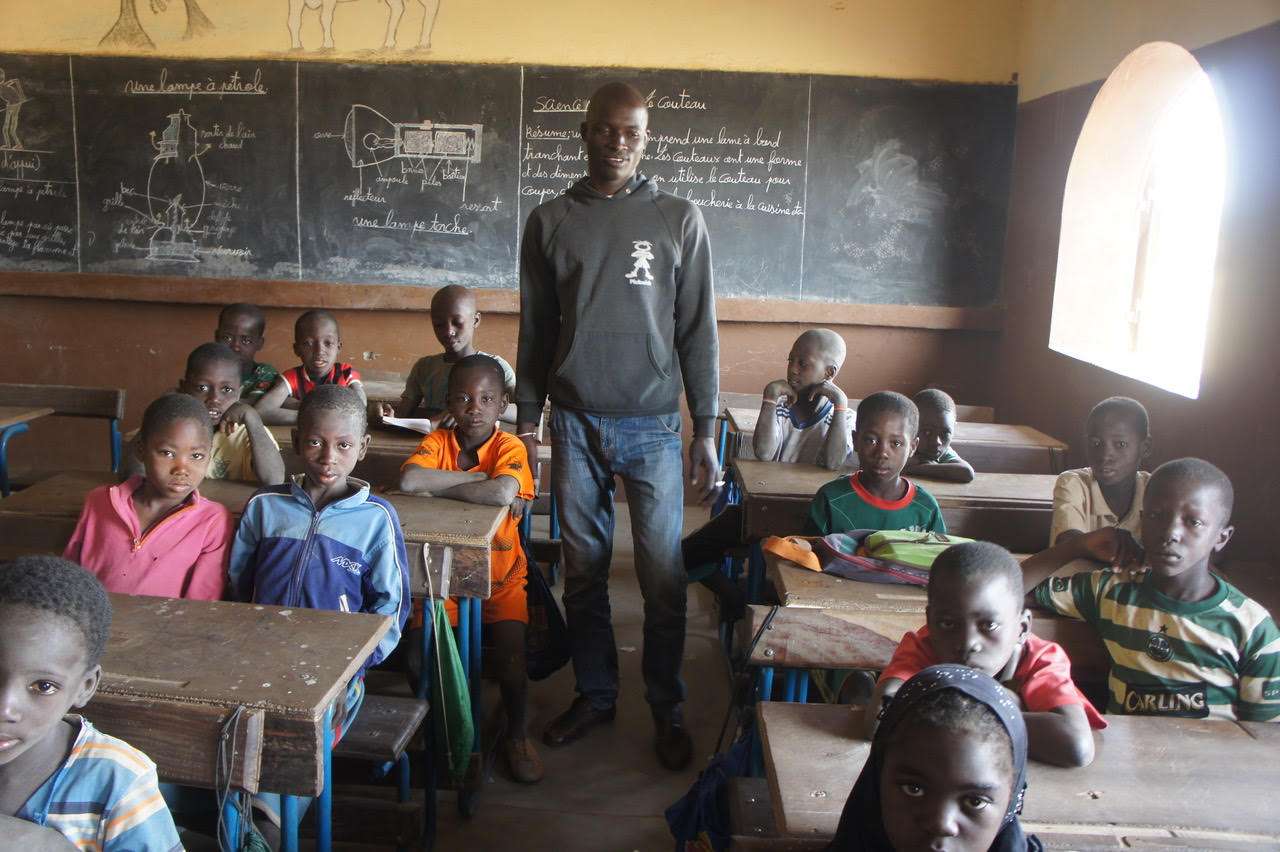

Tools For Educators
La Joya Educational Furniture
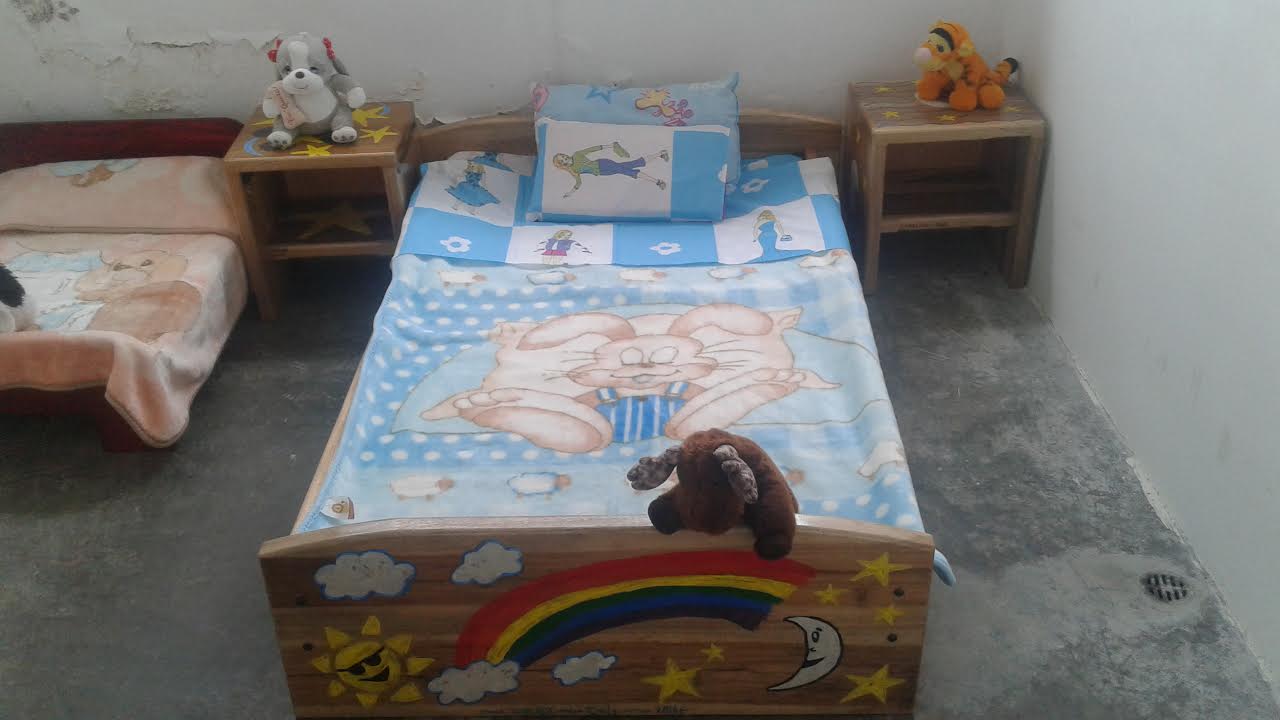
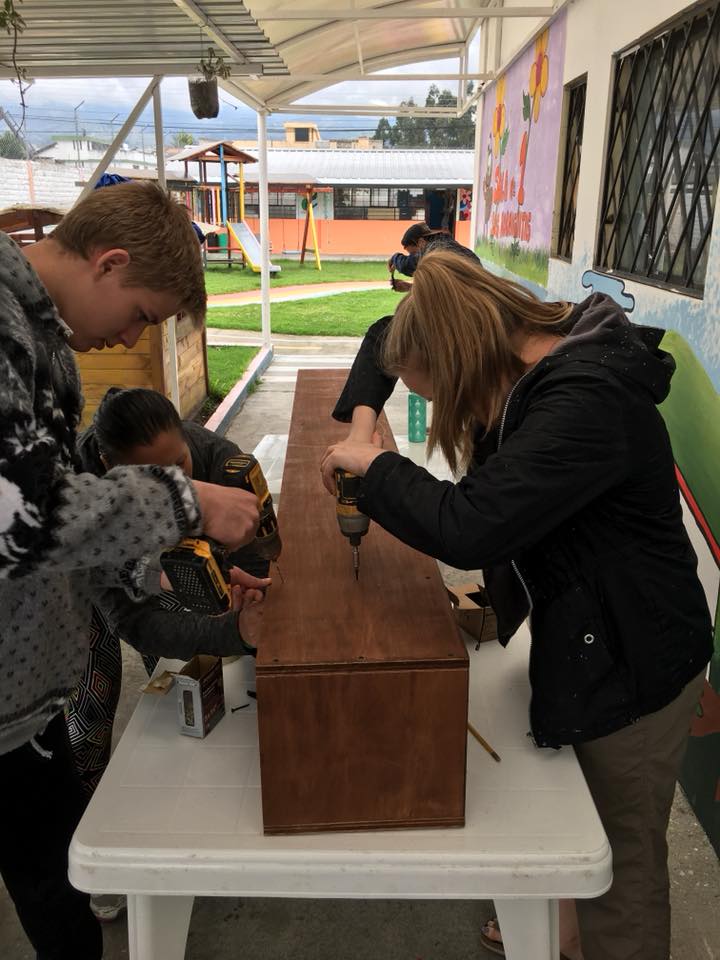
The La Joya school requested educational furniture that they can use to teach special needs children about basic household skills, like making a bed, eating at a table, etc. Visiting Tandana volunteer groups helped paint child-sized bedroom and dining room sets, which are now helping the school’s students learn important life skills. Then in 2018, a group of volunteers helped construct and install more furniture including cubbyholes and cabinets for the students to store their things.
Sal Ogol School Furniture
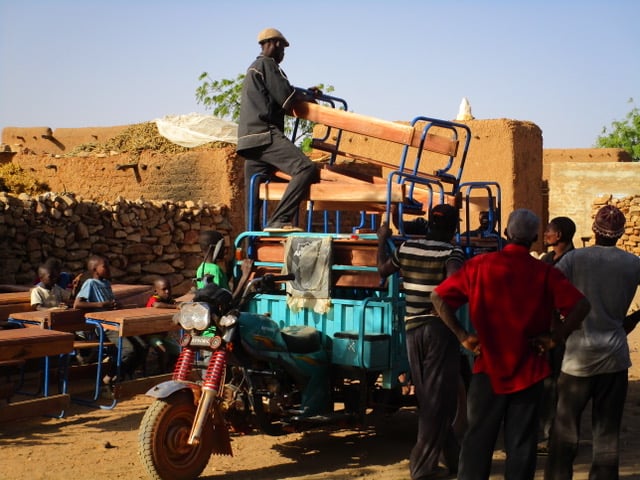
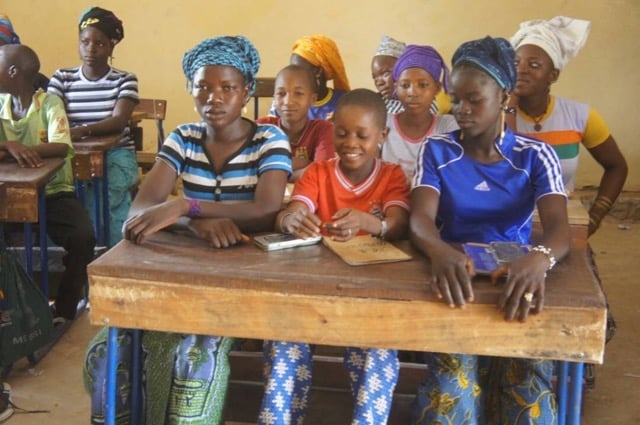
For the 2017-2018 school year the administration from the school in Sal Ogol, Mali asked Tandana for furniture including student desks, teacher desks, chairs, and cabinets. Without desks, students were sitting on stones and planks for class. The Kansongho carpentry workshop made the furniture and delivered it. Now there are enough desks for all the students. According to the parents, their writing has improved.
Ecological Hiking Trail
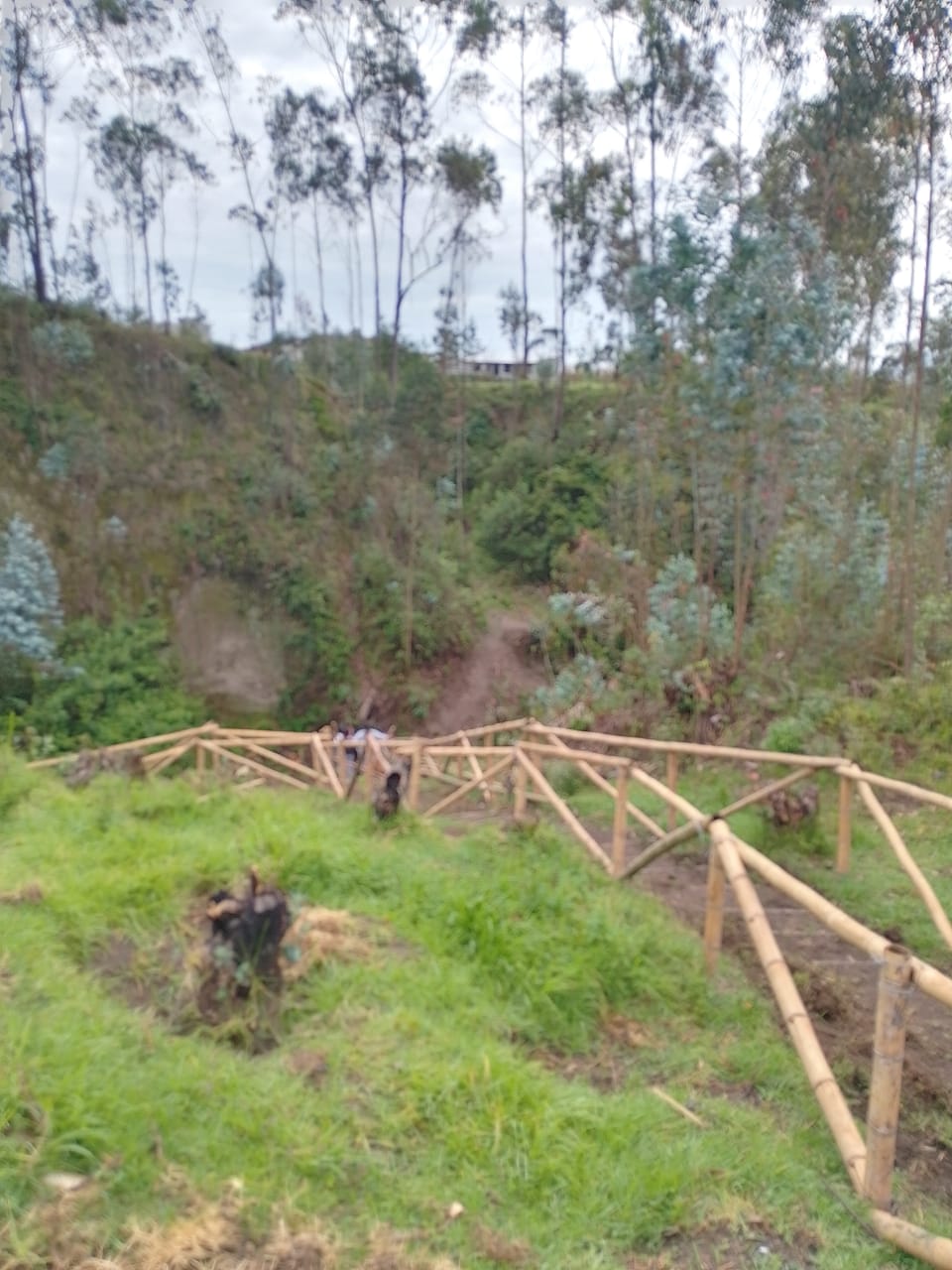
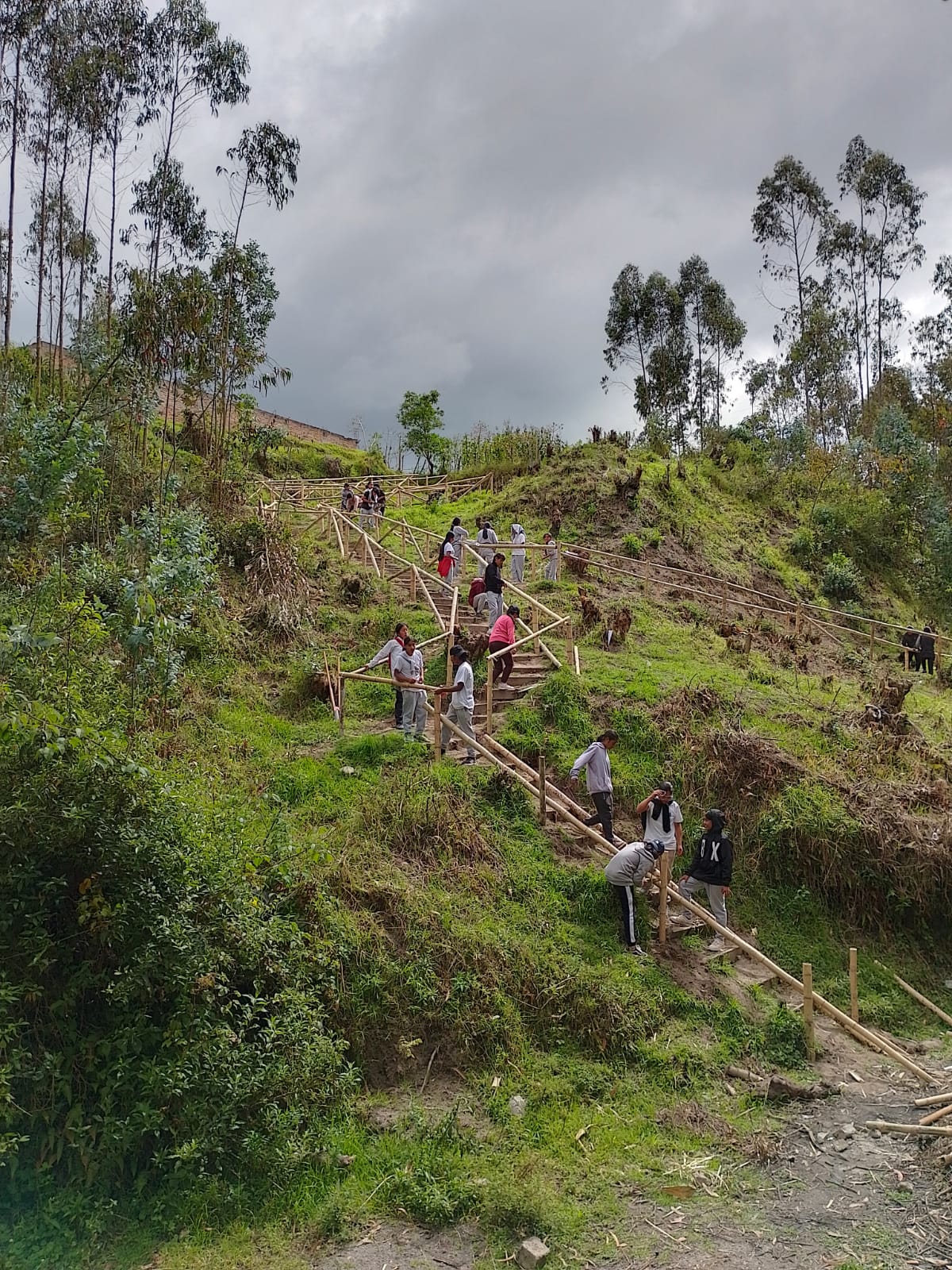
Thanks to the financial support of Sharon High School, the Alejandro Chavez School in Gualsaqui, Ecuador has finished the construction of an ecological hiking trail. The goal was to build a sustainable trail that has minimal impact on the environment, using the existing site rather than paving to connect two different parts of the school property.
Guinea Pig Micro-business to Benefit School

In the Otavalo Canton, guinea pig farming is a profitable agribusiness. The school in Tangalí, Ecuador decided to launch a commercial production of guinea pigs as an effective way to generate extra income for the school. Tandana has supported this initiative by donating supplies for construction of a shelter for them to live in. Tandana also supplied the first few guinea pigs that will reproduce and be sold. This sustainable income generating project will help the school be able to fund some of their needs each year without the need to ask for a further donation.
Vacation Courses
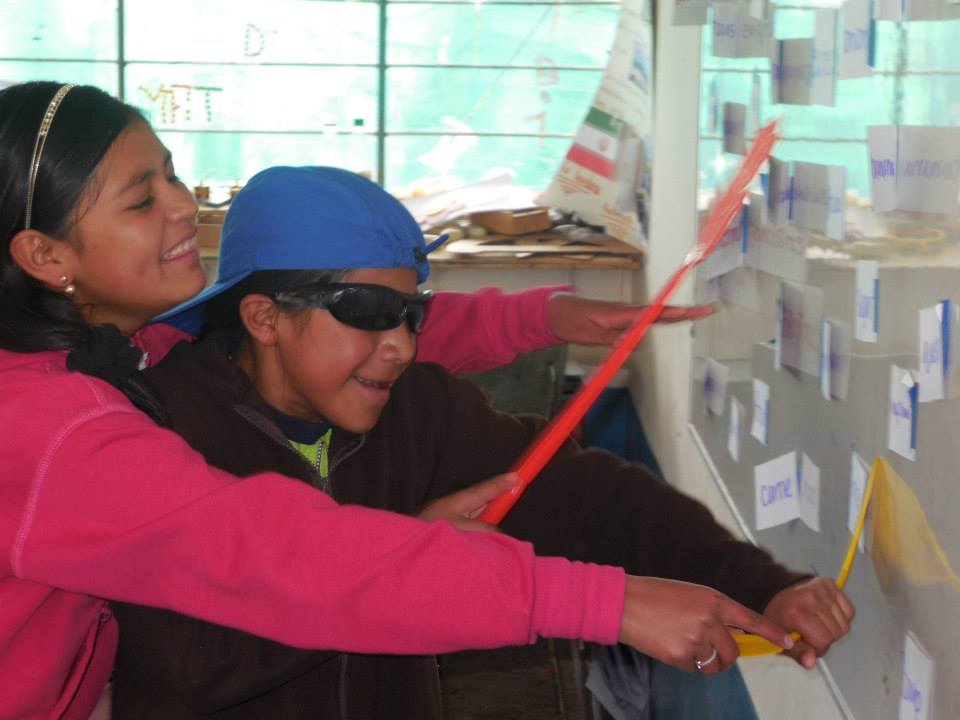
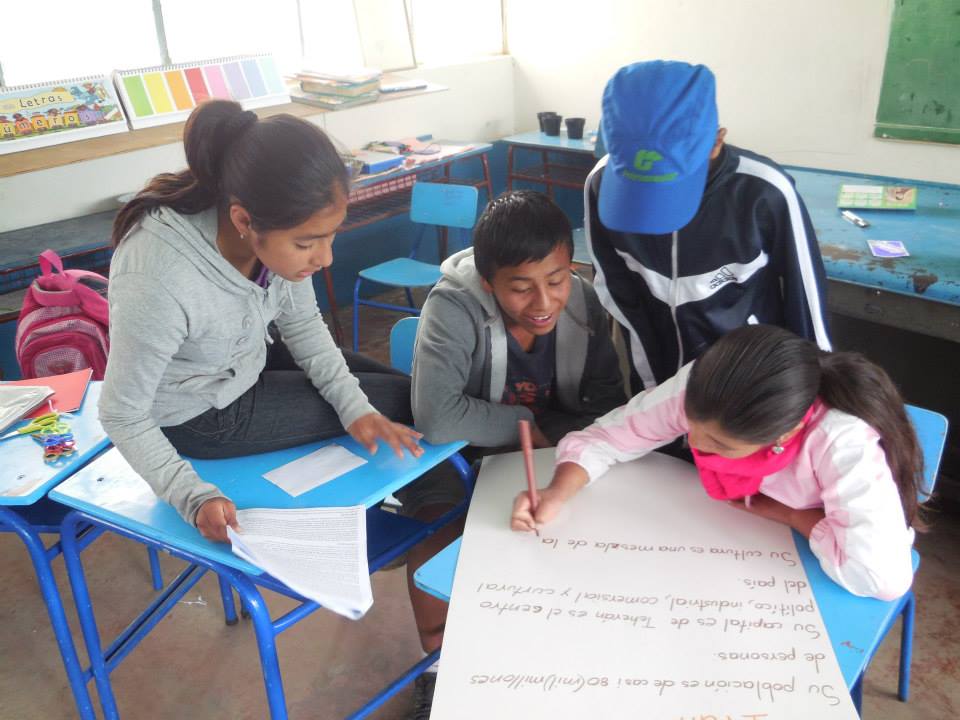
Our scholarship students in Ecuador often have a difficult transition from their small, rural elementary schools to their large secondary schools in the city. They have asked us to offer summer classes to help them with their most challenging subjects, English and math. Each summer, we offer five weeks of free classes in these subjects and others to about 60 students, including both scholarship recipients and others in the surrounding communities. Local teachers instruct in math, while our summer interns teach English and other subjects such as geography, art, history, and health. Sometimes our university scholarship students teach as well. To add to the educational experience, we take the students on field trips and arrange small service projects for them to participate in. The classes help reinforce their skills, catch up on concepts they missed in school, and prepare them to succeed in the upcoming academic year.
